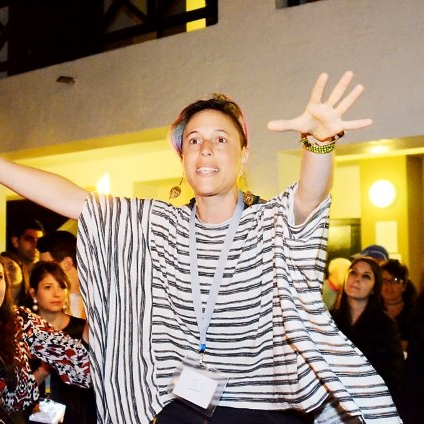News
Adam and Eve: A study of a broken marriage
What can the first people on earth teach us about loneliness and what mistakes to avoid in marriage? Plenty said American Rabbi Marc Katz, the author of The Heart of Loneliness: How Jewish Wisdom Can Help You Cope and Find Comfort.

GILLIAN KLAWANSKY
While there’s not very much in the bible that speaks to the relationship between Adam and Eve, and there’s certainly no mention of love, there’s much one can learn from the nature of their marriage, said Rabbi Katz using their relationship and rabbis’ interpretations of it to reflect on contemporary broken relationships and marriages. “Adam and Eve’s marriage is a broken relationship that has incredible pathological elements to it,” he said.
In researching his book on loneliness, Rabbi Katz has found that Eve is emblematic of loneliness within a marriage – Adam’s relationship with G-d often leaves Eve out of the circle.
“Finding someone is only the first step, the truth is it’s possible to be married to someone and feel invisible,” he said.
There are many things in modern life that leave one partner feeling this way. Your partner could be married to their work or hobbies, communication could break down or one of you could change while the other is left behind.
In this case, it’s important to learn to change and grow with your partner and to truly accept them. Even the most wonderful marriages come with challenges, said Rabbi Katz. “They say, you don’t have one marriage you have multiple marriages in your life [with the same person], so how do you deal with each one? Eve and Adam’s marriage is a model for this.”
Firstly, there’s the issue of baggage. According to a well-known Midrash, Eve was not the first woman. G-d initially created. A woman from the earth, Lilith, would not submit to Adam in the bedroom and so the two fought until Lilith left Adam.
It was only later when Adam asked G-d for his “pair” that Eve was created from Adam’s rib – he needed to want marriage so G-d waited for him to ask for a partner. Yet having been married before, Adam came into the relationship with the baggage of a “divorce”.
What’s more, Adam didn’t work on himself after the breakdown of the marriage, adding to his emotional baggage. “Baggage is the challenge you have coming into any relationship. The person who you end up with isn’t responsible for this baggage but has to deal with it if they love you,” explained Katz.
The serpent and the apple is a major turning point for Adam and Eve. Adam blames Eve and even G-d for his transgression in eating the apple.
So, he turns against Eve and refuses to procreate with her, fearing that all their descendants will be consigned to Gehenna (Jewish hell) until he’s shown that Israel will eventually accept the Torah.
So, Adam and Eve conceive Cain and Abel – this points to the fallacy of fixing marriages through children. Indeed, this is a temporary fix to their marriage as Cain kills Abel and Adam leaves Eve for 130 years but eventually returns once his people point out his duty in begetting children.
And so they reconcile and bear more children as Adam’s desire for Eve grows for the first time. This reveals that reconciliation is possible and shows the importance of working on your marriage, said Rabbi Katz.
Ultimately, in marriage we need to deal with conflict head on, concluded Rabbi Katz. Be honest and resolve disagreements in a healthy way. Fighting is healthy as long as it’s productive. “All that matters is that you love one another in the end.”